When the girl of his dreams ends their two year relationship, Maine college student Devin Jones throws himself into his summer job, working as a carny at an aging North Carolina amusement park. Along the way, he finds himself drawn to both the park’s resident ghost, a girl murdered four years earlier, and to his attractive neighbor, a single mother whose sickly son may have more to him than meets the eye.
If that sounds like classic Stephen King to you, then you’re dead on, because that’s exactly what it is. Unfortunately, that’s also Joyland’s biggest problem.
 Joyland is King’s second novel for pulp revival publisher Hard Case Crime, following The Colorado Kid, which was also HCC’s very first release. Kid, which served as the inspiration for the Syfy channel original series Haven, also included many signature King elements: a writer protagonist, a Maine setting, a story within a story, a decades-old mystery. The book also played with crime genre conventions, leaving much of the mystery unresolved. Readers got all the clues, but none of the answers. In spite of all this, however, Kid was very much crime novel.
Joyland is King’s second novel for pulp revival publisher Hard Case Crime, following The Colorado Kid, which was also HCC’s very first release. Kid, which served as the inspiration for the Syfy channel original series Haven, also included many signature King elements: a writer protagonist, a Maine setting, a story within a story, a decades-old mystery. The book also played with crime genre conventions, leaving much of the mystery unresolved. Readers got all the clues, but none of the answers. In spite of all this, however, Kid was very much crime novel.
Not the case with Joyland, which has many more King staples than Kid. It’s as if King can’t resist incorporating psychic powers and a mournful ghost into the mix, even though both feel unnecessary. Even the straight-razor wielding funhouse serial killer, who should be the crux of the whole story, feels like grisly set dressing.
King’s real focus is nostalgia, the passage of time and growing up, which, with his usual panache, he manages to make both sweeter than cotton candy and scarier than a knife in the dark. But nostalgia is also a favorite topic of King’s, and, while he handles it well here, he’s done it so much better elsewhere, notably in one of his masterpieces, 1986’s It, and more recently in 11/22/63.
If there’s one thing really different that King brings us with Joyland, it’s the interior look at the world of amusement parks. Again, King has examined private worlds before; the domains of law enforcement, of battered women’s shelters, of small town life, have all been the focus of King novels, but amusement parks are new. He brings the park to life and goes through extra effort to introduce both Devin and the reader to carny lingo, but never sinks into tiresome exposition; before you know it, you’ve internalized the carny vocabulary. (Whether this view of the carny world is accurate is questionable, but it certainly feels accurate to the uninitiated, which is what really matters.)
The theme park is a natural fit for King, and, given its status as a horror trope, it’s surprising that he hasn’t covered it before. In Joyland, what’s scary about the park isn’t a haunted ride (though it has one) or an evil clown. What’s scary is the park’s ability to briefly stop time for its patrons and employees and the simultaneous inability of those people to keep the park itself alive. Joyland, the park, is a lost piece of Americana that tugs at our heartstrings while threatening to trap us in the past. And, in many ways, Joyland the book is the same.
Joyland is a good book, but it’s location at the crossroads of crime novel and classic Stephen King means it excels as neither. If you’re looking for a good crime read, Joyland may not be it. At the same time, if you’ve never read Stephen King, Joyland isn’t the best introduction. But if you have read and enjoyed your share of King, then Joyland is another addition to his universe for you to enjoy.
4/5
Zac Boone fled across the desert and the gunslinger followed. On twitter.
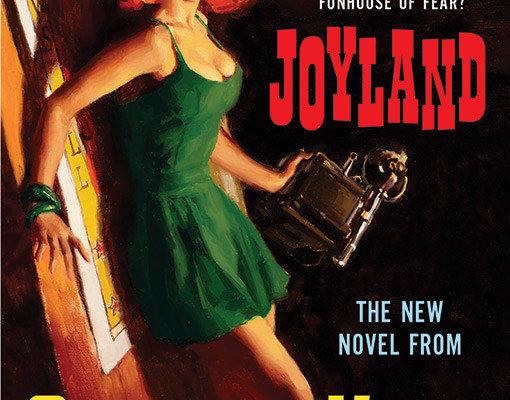


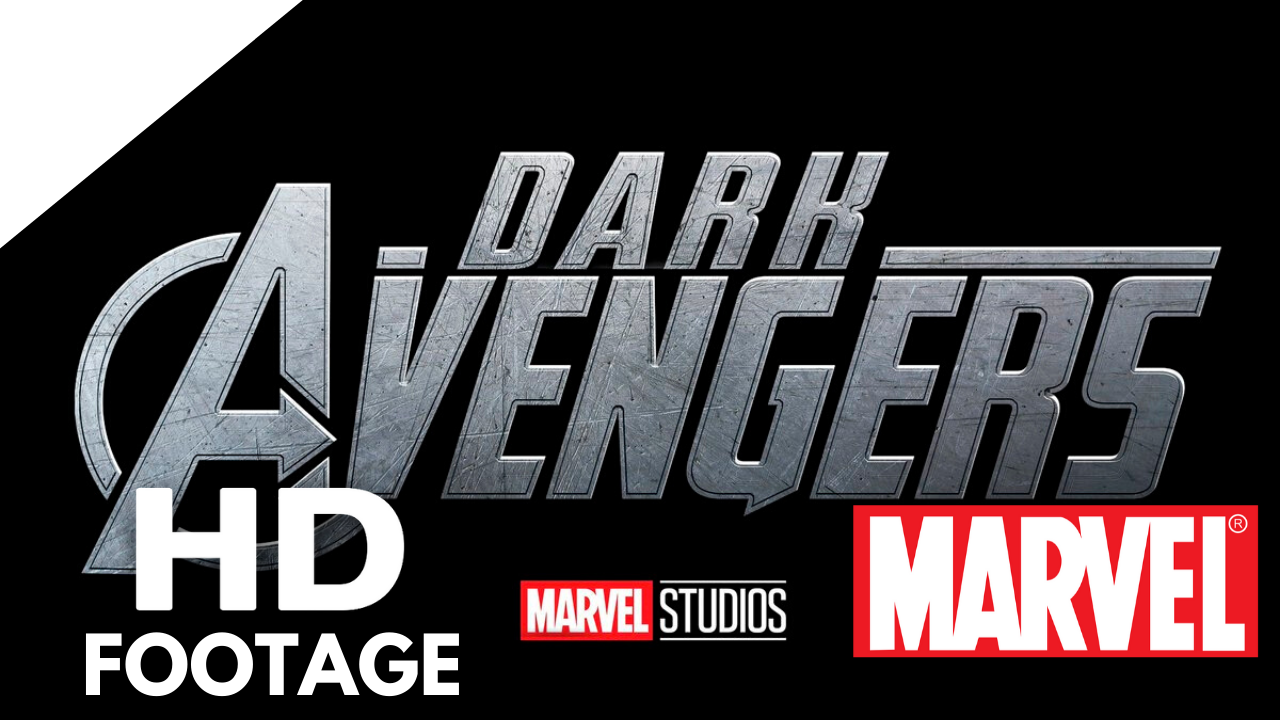
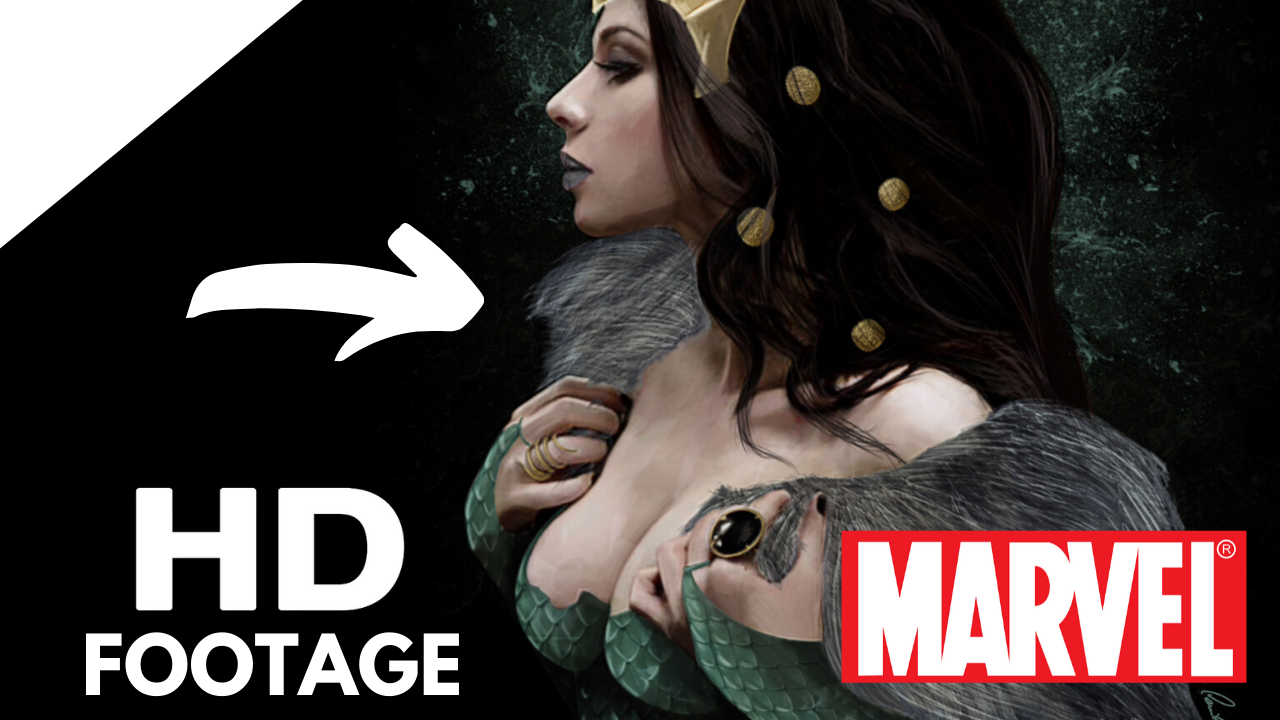




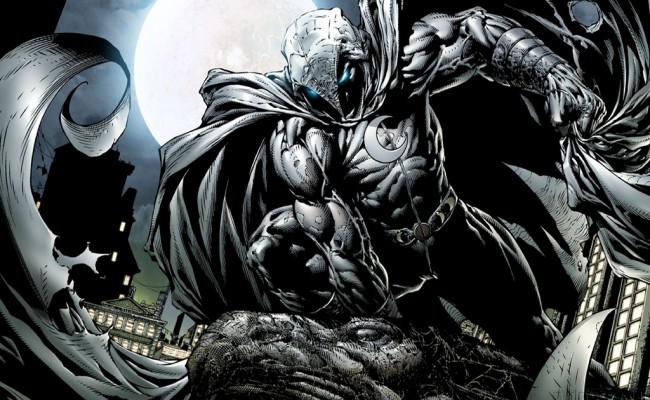

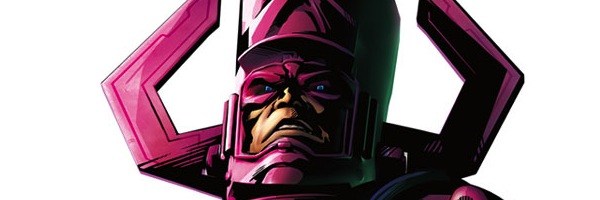

S#!T Talking Central